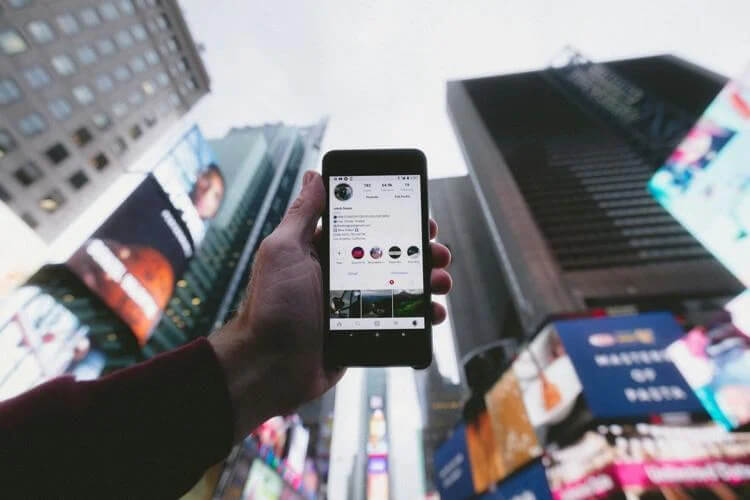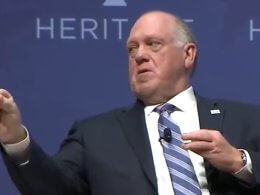By: Christian Wade | The Center Square
New York is poised to become the latest state to limit online risks for young people by banning social media platforms from exposing teenagers to "addictive" algorithmic content without parental consent.
The "New York Child Data Protection Act," approved by the state Legislature on Friday, would prohibit Facebook, Snapchat and other social platforms from showing suggested posts to people under 18 unless it comes from accounts they follow, with parental approval.
The "Stop Addictive Feeds Exploration for Kids" or "SAFE" Act, which lawmakers also approved, would block social media platforms from sending notifications about suggested posts to minors between midnight and 6 a.m. without parental consent.
Gov. Kathy Hochul, a Democrat who has vowed to crack down on teen social media use, is expected to sign both bills into law.
Passage of the restrictions was welcomed by social media watchdogs, including the conservative group Common Sense Media, which blames big tech lobbyists for slowing progress on the legislation.
"This is a very big win for kids and families in New York, and potentially across the country," James P. Steyer, the group's founder and CEO, said in a statement. "Parents and families have had enough of Big Tech's negligence and profiteering off of the decline in young people's well-being. Thankfully, New York leaders took bold action. And other states, including California this year, can and should follow their lead."
However, the industry association NetChoice condemned the legislation, calling it an "assault on free speech and the open internet" that will force social media websites to "censor all content unless visitors provide an ID to verify their age."
"New York has created a way for the government to track what sites people visit and their online activity by forcing websites to censor all content unless visitors provide an ID to verify their age," Carl Szabo, NetChoice's vice president and general counsel, said in a statement. "The law will also increase children’s exposure to harmful content by requiring websites to order feeds chronologically, prioritizing recent posts about sensitive topics."
NetChoice said it has defeated similar "unconstitutional" bills in other states, noting that the judges in those cases "highlighted the serious First Amendment and privacy concerns with this type of legislation.”
"Parents — not politicians — should be making the rules for their families," Szabo said.
Attorney General Letitia James, a Democrat who pushed for the bill, will set the rules determining the user's age and a mechanism to determine parental consent. The bill would take effect 180 days after those guidelines are finalized.
Social media companies are increasingly being blamed for the rising rates of depression, suicidality and other mental health issues among youth nationally. In response, states and local governments are increasingly considering legislation and legal action to crack down on social media use.
Lawmakers in Congress have filed the Kids Online Safety Act, a controversial bill intended to protect kids from dangerous content online. However, despite bipartisan support for the restrictions, the measure has failed to gain traction.
Steyer of Common Sense Media notes that other states, including Maryland, Vermont and Colorado, recently passed bills or enacted laws "that will protect kids' data and force social media companies to change the way they operate their platforms."
"What's the message from all this positive action? ‘Get on board.'" he said. "If you are in public office in a state or in Congress and are not fighting to protect kids and families online, you are on the wrong side of history."









